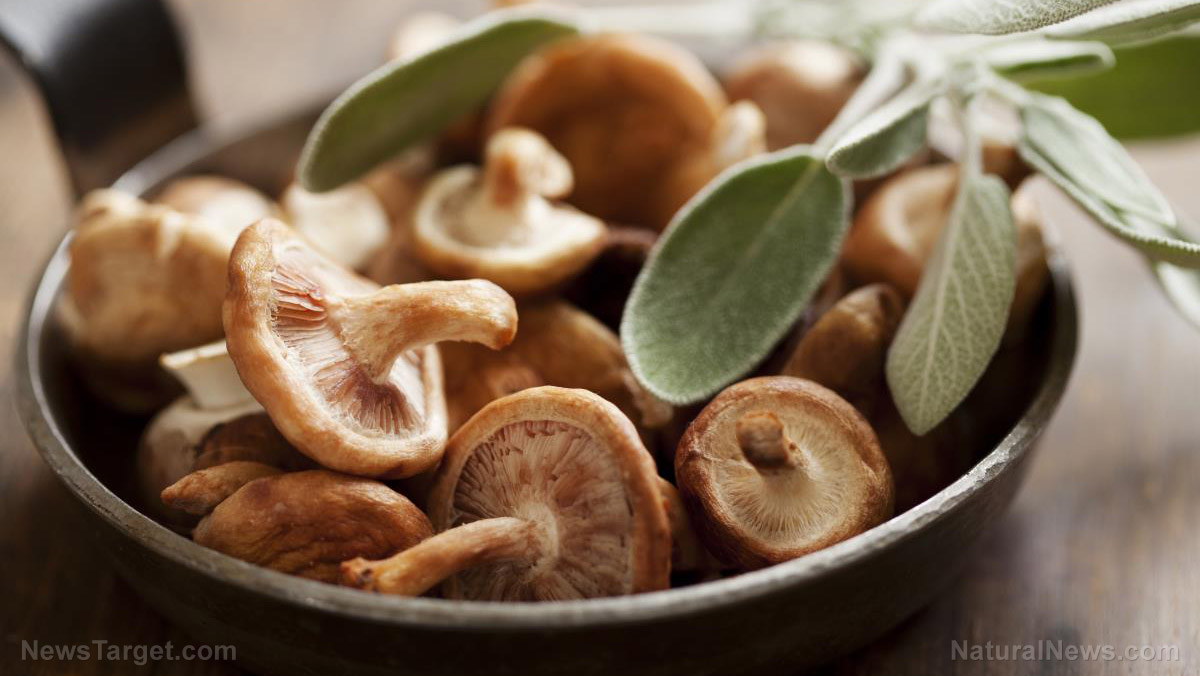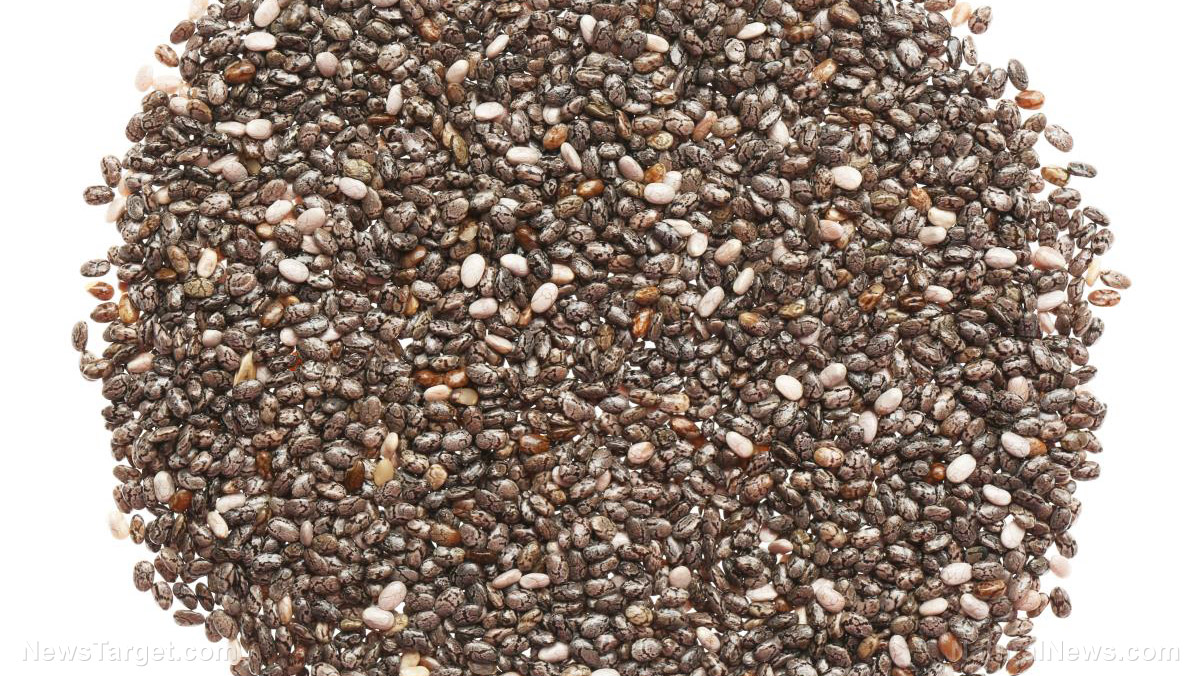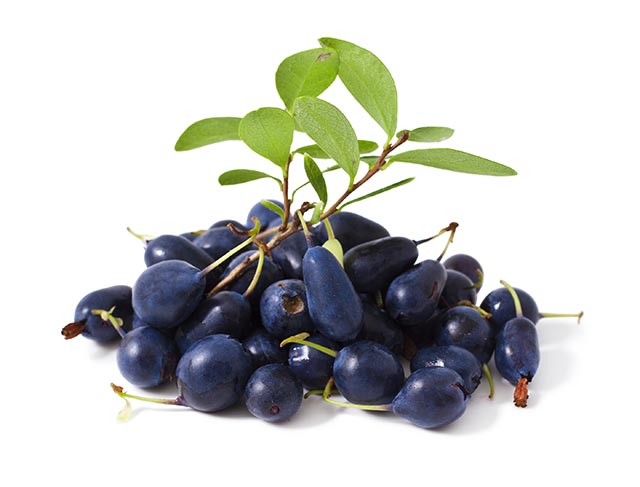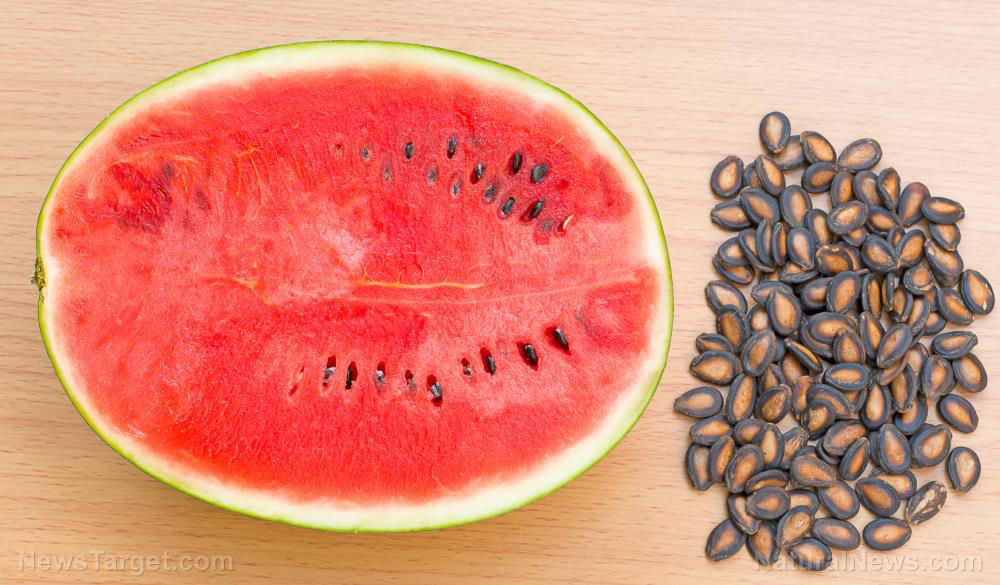Give your heart a break and eat bilberries
05/09/2019 / By Michelle Simmons

Today, cardiovascular disease is the leading cause of death in men and women. Fortunately, there are many ways to protect yourself from this disease. One way is to eat bilberries (Vaccinium Myrtillus) regularly. A recent study published in the journal Nutrition Research reveals that eating bilberries on a regular basis can help lower your risk of developing cardiovascular disease.
For the study, a team of researchers from Slovakia, Portugal, and Poland investigated the effects of eating bilberries on cardiovascular disease. The research team hypothesized that regular consumption of bilberries can lower the risk of cardiovascular disease by reducing the levels of low-density lipoprotein (LDL) and triglycerides, and increasing the levels of high-density lipoprotein (HDL).
To test their hypothesis, the research team recruited 25 women and 11 men and fed them with 150 grams (g) of frozen bilberries three times a week for six weeks. They also measured the body size and proportions of the participants, as well as their blood pressure, lipid profile, glucose, liver enzymes, creatinine, albumin, magnesium, and antiradical activity.
The researchers found no significant changes in the body size and proportions of the participants, except for the body mass index (BMI) of women. Regular consumption of bilberries resulted in reductions in total cholesterol, triglycerides, LDL cholesterol, glucose, albumin, and glutamyltransferase in women. It also led to a dramatic increase in HDL cholesterol.
As for the men, the researchers observed favorable changes in their total cholesterol, glucose, albumin, aspartate aminotransferase, glutamyltransferase, and HDL levels. These results confirmed their hypothesis.
The researchers concluded that eating bilberries regularly is a simple way of preventing heart problems.
Bilberries help prevent the hardening of the arteries
An earlier study, published in the Journal of Agricultural and Food Chemistry, found that extracts from bilberry can prevent plaque buildup in the arteries. Stopping the accumulation of plaques prevents the development of atherosclerosis and improves overall heart health. Atherosclerosis is a condition caused by the hardening of the arteries and it is one of the major risk factors for cardiovascular disease.
For the study, the researchers used mice deficient in apolipoprotein-E (Apo-E), which is important for the normal breakdown of triglyceride-rich lipoprotein constituents. Being apolipoprotein-E-deficient put the mice at a greater risk of heart disease.
The researchers divided the mice into three groups. All groups ate their normal diet. Two groups, however, received one of two bilberry extracts: One contained high amounts of anthocyanins extracted from untreated bilberries, while the other contained compounds extracted from yeast-fermented bilberries at a level of 0.02 percent. In humans, this dose is equivalent to about 30 milligrams (mg) of anthocyanins per day.
After 16 weeks of treatment, the researchers found that mice that received bilberry extracts experienced significant inhibition in the buildup of plaques associated with atherosclerosis. In addition, mice that received untreated bilberry extract experienced a 15 percent decrease in the lesion area, while the yeast-fermented bilberry extract group had a 36 percent reduction compared to the control group.
The research team explained that the yeast-fermented bilberry extract exhibited a more powerful protective effect against atherosclerosis than the anthocyanin-rich bilberry extract because fermentation produces new compounds with better health-promoting properties.
More on bilberries
Bilberries, which are closely related to blueberries, are often consumed fresh or made into jams, juices, or pies. They can be found in juice, powder, or supplement form. These fruits are rich in antioxidants and are used to treat various conditions besides heart disease.
Studies show that taking bilberry extract may improve eye fatigue and other eye conditions like eye degeneration. Because of the fruit’s high antioxidant content, it can also fight inflammation and protect against diseases associated with oxidative stress, such as inflammatory bowel diseases and diabetes. Some studies also suggest that eating bilberries may help control gum inflammation in people with gingivitis. (Related: Bilberries naturally reduce diet-related inflammation and high blood pressure.)
Read more studies on how to prevent heart disease by visiting HeartDisease.news.
Sources include:
Tagged Under: alternative medicine, anthocyanin, antioxidants, arteries, atherosclerosis, bilberries, cardiovascular disease, cardiovascular health, cholesterol, disease treatments, food is medicine, foodcures, heart disease, heart health, natural cures, natural medicine, prevention, remedies, research, triglycerides, Vaccinium Myrtillus



















